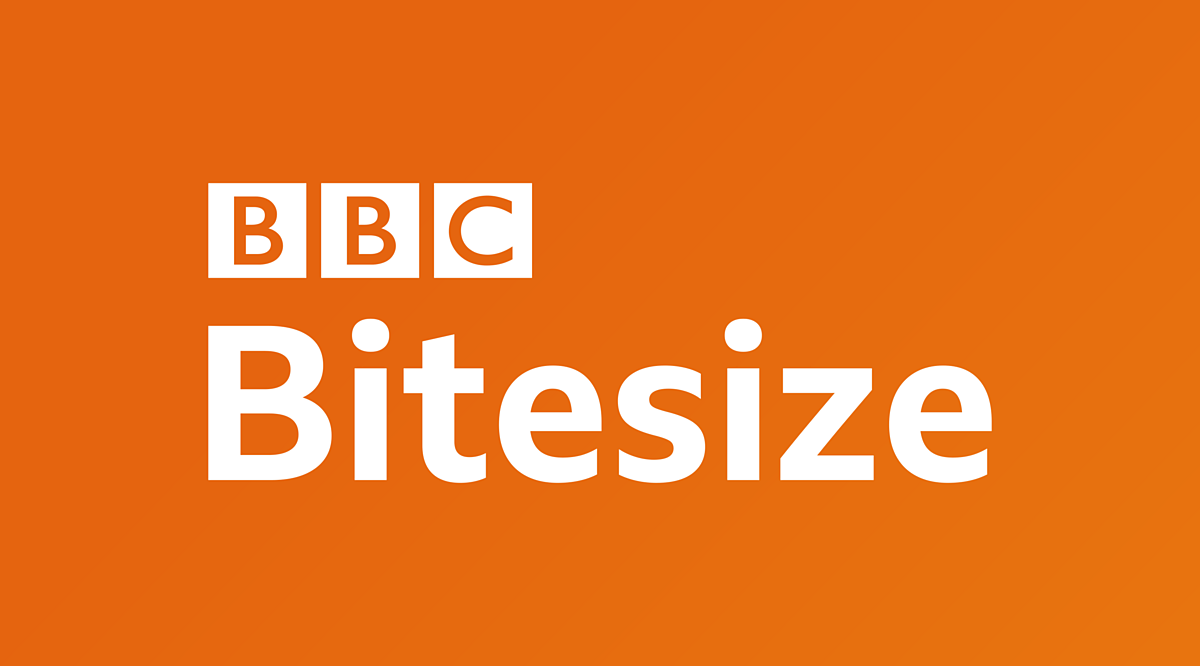Science
“Reason, Observation and Experience; the holy trinity of Science.”
Robert Green Ingersoll
Context
Our vision is to ensure all students develop a deep knowledge and understanding across Biology, Chemistry and Physics. At its core, the Deptford Green science curriculum prioritises students’ comprehension and application of scientific concepts, so they can use them to make sense of the modern world. Scientific knowledge becomes useful when it can be applied to formal knowledge as well as informal, everyday experience.
Therefore, whilst the national curriculum prescribes which substantive and disciplinary content is taught for secondary science, we sometimes go beyond the programme of study to achieve the depth necessary to gain a full understanding of the scientific content necessary for successful progression in science.
The Deptford Green Science curriculum also emphasises some of the wider ideas that cut across the disciplines of Science, Technology, Engineering and Maths. This serves to align itself to the relevance of Science outside the classroom, where there is often no distinction made between science and technology.
Class Activities and Enrichment
At Deptford Green we believe that learning science should be both an enjoyable and social experience. Pupils are encouraged to participate in practical work where they can make valid conclusions based on evidence collected. They will often have to design or write-up an appropriate method for a given investigation, ensuring the right equipment is used in order to obtain accurate results. Classroom based activities also involve group discussions and debates providing pupils a platform to present their opinions or findings. This helps develop good communication skills; encouraging them to respect differing views.
In addition, pupils at Deptford Green will also learn through computer-based technology programmes which enable them to further consolidate their scientific knowledge or demystify any previous misconceptions they may have had.
Pupils will attend seminars at the Institute of Education where they will listen to world leading scientists give lectures about their most recent work and give practical demonstrations and how their work relates to everyday life.
KS3
At Deptford Green we employ the Pearce-Manning model, which was designed by the Head of Science and KS3 lead. This model utilises the National Science curriculum as its skeleton of core content whilst also integrating some deeper elements of content encountered at KS4. The model is built around the school's values of dreaming, exploring and discovering and incorporates the element of working backwards, so that students are not simply given content but are discovering, disproving and justifying the current scientific literature. Students are engaged in STEM based activities within each unit, with strong emphasis on literacy, oracy and numeracy activities.
The model also employs opportunities for students to explore Science beyond the classroom, to incorporate cross-curricular experiences and to use sound scientific knowledge and skills to investigate problems and arrive at solutions. Alongside all of this, Science still manages to remain fun for students and strongly emphasises a culture of creativity.
KS4
At GCSE pupils will be undertaking either AQA Combined Science Trilogy (worth 2 GCSE’s) or AQA Triple Science (worth 3 GCSE’s). Both courses are completed over two years.
Combined Science Trilogy
This qualification is linear which means pupils will be doing their exams at the end of Year 11. The course comprises of:
Biology
- Cell biology
- Organisation
- Infection and response
- Bioenergetics
- Homeostasis and response
- Inheritance, variation and evolution
- Ecology
Chemistry
- Atomic structure and the periodic table
- Bonding, structure, and the properties of matter
- Quantitative chemistry
- Chemical changes
- Energy changes
- The rate and extent of chemical change
- Organic chemistry
- Chemical analysis
- Chemistry of the atmosphere
- Using resources
Physics
- Energy
- Electricity
- Particle model of matter
- Atomic structure
- Forces
- Waves
- Magnetism and electromagnetism
Triple Science
This qualification is linear which means pupils will be doing their exams at the end of Year 11. There is an overlap with Combined Science. Students studying Triple Science will cover the following additional units:
Biology
- Key Ideas
Chemistry
- Using resources
Physics
- Space physics (physics only)





